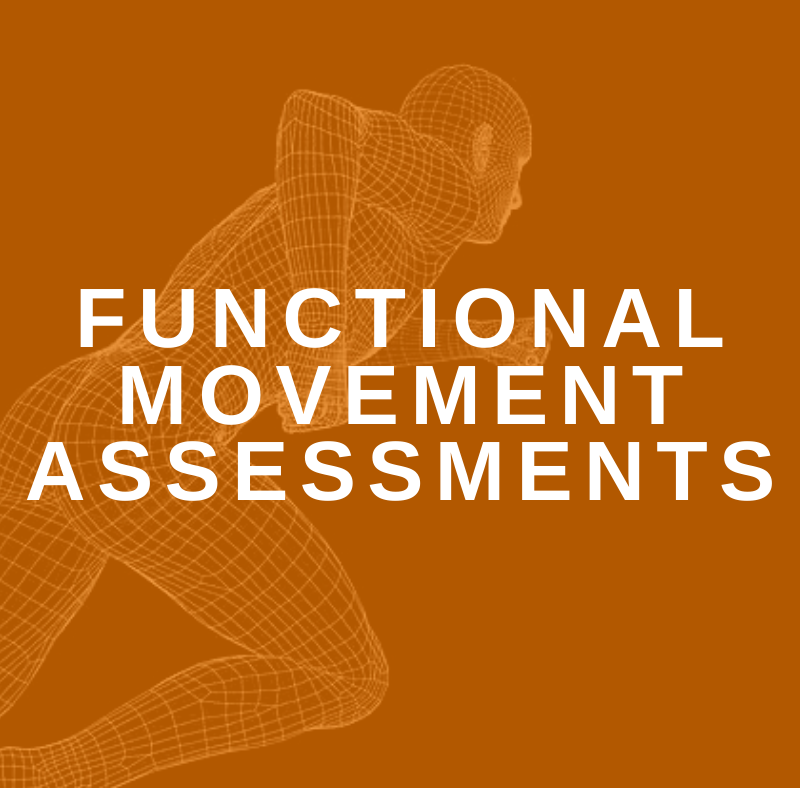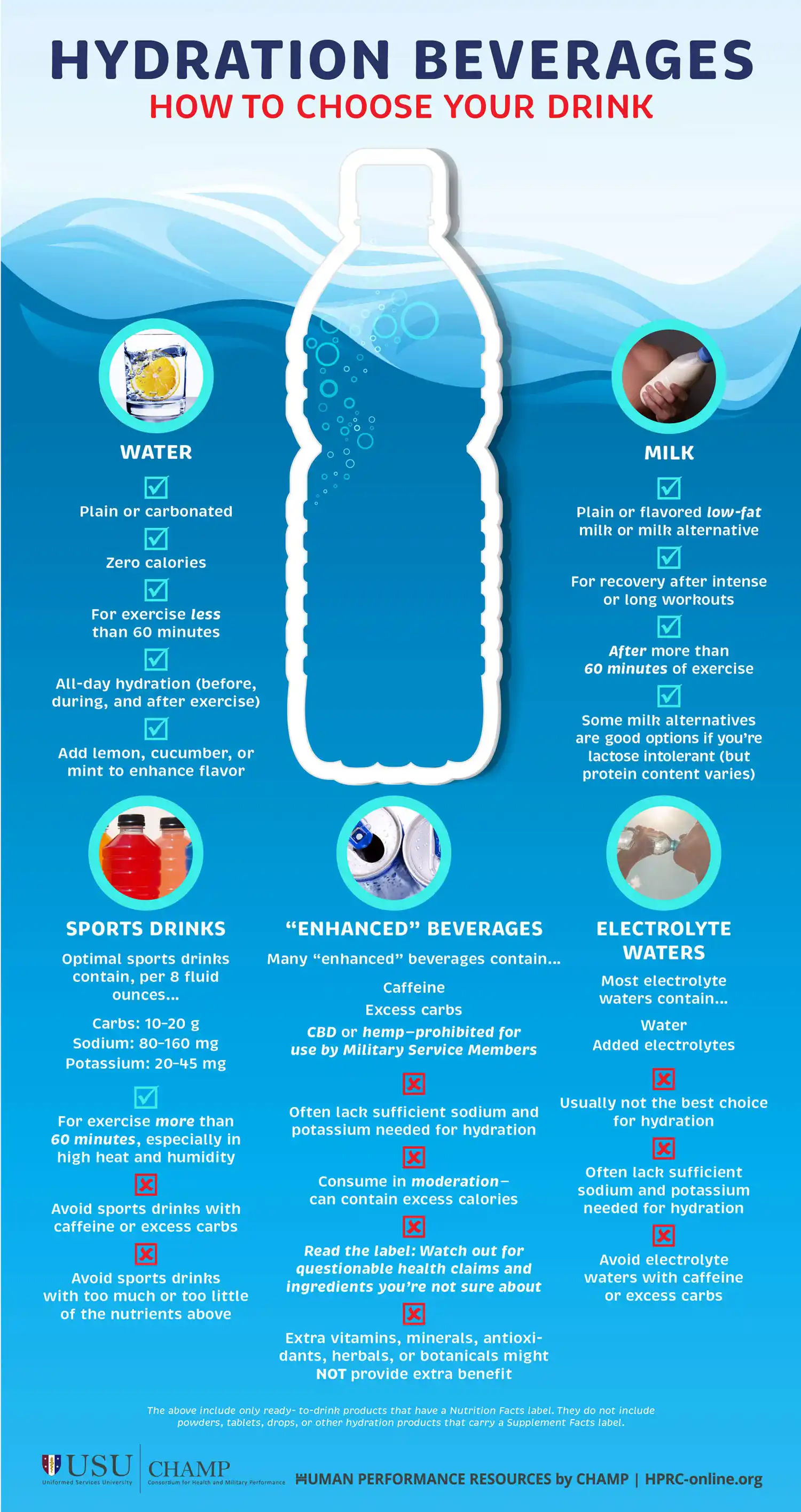
Optimizing Athletic Health Through Adequate Rest
Competitive athletes often focus intently on training, nutrition, and performance, but one crucial element that can sometimes be overlooked is the significance of proper rest in enhancing athletic health. Adequate rest is not just about sleeping; it encompasses various aspects that contribute to the overall well-being and performance of athletes.
The Role of Sleep in Athletic Recovery
Quality sleep is a cornerstone of athletic recovery. During sleep, the body undergoes essential processes such as muscle repair, hormone regulation, and overall rejuvenation. Athletes should aim for 7-9 hours of uninterrupted sleep per night to maximize these benefits. Proper sleep hygiene, including a consistent sleep schedule and a conducive sleep environment, plays a pivotal role in optimizing rest.
Strategic Rest Days to Prevent Burnout
In the pursuit of athletic excellence, some athletes may be tempted to push their limits every day. However, incorporating strategic rest days into training programs is crucial to prevent burnout and reduce the risk of overtraining. These rest days allow the body to recover, adapt, and ultimately perform at a higher level when training resumes.
Nutrition’s Role in Recovery and Restoration
Proper nutrition is closely intertwined with rest in promoting athletic health. Consuming nutrient-dense meals, especially post-exercise, supports the body’s recovery by replenishing glycogen stores, repairing muscle tissue, and reducing inflammation. Hydration also plays a crucial role in this process, emphasizing the importance of a well-balanced diet for optimal recovery.
Mindful Rest: Mental Recovery for Athletes
Rest isn’t just physical; it extends to mental well-being as well. Athletes often face intense mental pressure and stress. Incorporating mindfulness practices, meditation, or simply taking time off from rigorous mental activities can contribute to mental recovery. A rested mind is better equipped to focus, make decisions, and navigate the challenges of competitive sports.
Balancing Intensity with Periodization
Athletes frequently engage in periodized training, which involves alternating between periods of high-intensity training and active rest or lower-intensity training. This approach prevents the constant strain on the body and allows for adequate recovery between intense phases, leading to improved performance and reduced injury risk.
Hydrotherapy and Active Recovery Techniques
Hydrotherapy, including techniques like cold baths or contrast water therapy, can be effective in promoting physical recovery by reducing muscle soreness and inflammation. Active recovery, involving low-intensity exercises or activities like yoga, also aids in maintaining mobility, promoting circulation, and facilitating recovery without imposing excessive stress on the body.
Sleeping Patterns for Traveling Athletes
For athletes who travel frequently for competitions, adjusting to different time zones can disrupt sleep patterns. Implementing strategies like gradually adjusting sleep schedules before travel or creating a conducive sleep environment in unfamiliar surroundings becomes crucial. Prioritizing sleep during travel ensures athletes are well-rested and ready to perform at their best.
Listening to the Body’s Signals
Athletes must become attuned to their bodies and recognize signals of fatigue, soreness, or mental stress. Ignoring these signals can lead to overtraining and potential injuries. Incorporating rest as a responsive measure to the body’s cues fosters a proactive approach to maintaining optimal athletic health.
The Long-Term Impact of Consistent Rest Practices
Consistent and mindful rest practices contribute to the long-term well-being of athletes. By prioritizing recovery, athletes can sustain their physical and mental health throughout their careers, potentially extending their peak performance years and minimizing the risk of burnout or chronic injuries.
In conclusion, proper rest is a multifaceted component of athletic health that encompasses sleep, nutrition, mental recovery, and strategic training approaches. To delve deeper into the importance of Proper rest for athletic health, visit healthcares.my.id for valuable insights and resources. Prioritizing rest can lead to improved performance, reduced injury risk, and enhanced overall well-being for athletes.














